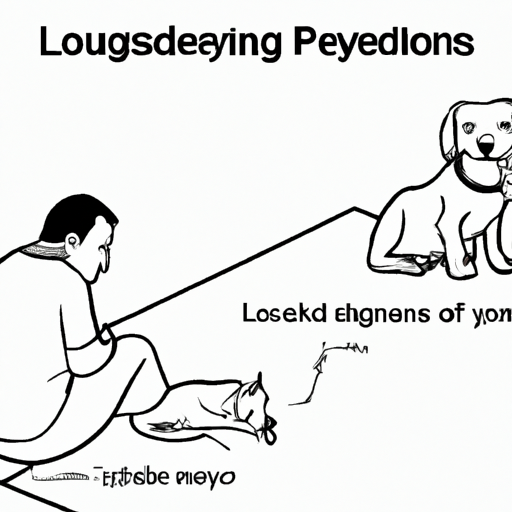As a caregiver for your furry companion, it’s only natural to worry when you notice something unusual, like a noisy stomach or loss of appetite. Let’s dive into some potential reasons behind these symptoms and what you can do to provide the best care for your pet.
H2: The Science Behind the Sounds
Your dog’s gut is a bustling metropolis of bacterial activity. Consequently, it can make all sorts of noises – gurgling, rumbling, and even the occasional growl. These sounds, medically known as borborygmi, are typically harmless. However, if you notice these noises becoming louder, more frequent, or accompanied by other symptoms such as loss of appetite, it could indicate a problem.
H2: Common Causes of Stomach Noises and Loss of Appetite
There are several reasons why your dog might be experiencing noisy stomach and loss of appetite. Here are some of the most common:
- Dietary Indiscretion: Consuming something not typically part of their diet can upset your dog’s stomach.
- Gastrointestinal Disorders: Conditions like gastritis or inflammatory bowel disease can cause these symptoms.
- Stress and Anxiety: Like humans, dogs can lose their appetite when they’re stressed or anxious.
H2: When to Seek Veterinary Care
While occasional stomach noises are normal, certain signs should prompt you to consult with a veterinarian:
- Persistent loss of appetite
- Vomiting or diarrhea
- Lethargy or changes in behavior
- Abdominal pain or swelling
H2: Preventive Measures and Home Remedies
While it’s essential to seek professional help when necessary, there are measures you can take at home to help soothe your dog’s stomach:
- Stick to a regular feeding schedule
- Avoid giving your dog food that’s not part of their normal diet
- Provide a calm, stress-free environment
H2: Frequently Asked Questions
Q: Can my dog’s stomach noises be caused by parasites?
A: Yes, parasites like worms can cause gastrointestinal upset, including stomach noises and loss of appetite.
Q: Is it normal for my dog to have a noisy stomach after changing their diet?
A: Dietary changes can initially cause stomach noises. If the symptoms persist, consider reverting to the previous diet and consult a vet.
Q: How long should I wait before taking my dog to the vet?
A: If symptoms persist for more than 24 hours or are accompanied by other worrying signs, it’s best to consult a vet immediately.
Q: Can I give my dog over-the-counter medication for stomach noises and loss of appetite?
A: Never give your dog any medication without consulting a vet first. What works for humans might be harmful or fatal for dogs.
Remember, your pet relies on you for their well-being. Stay vigilant, and when in doubt, always seek professional advice.



